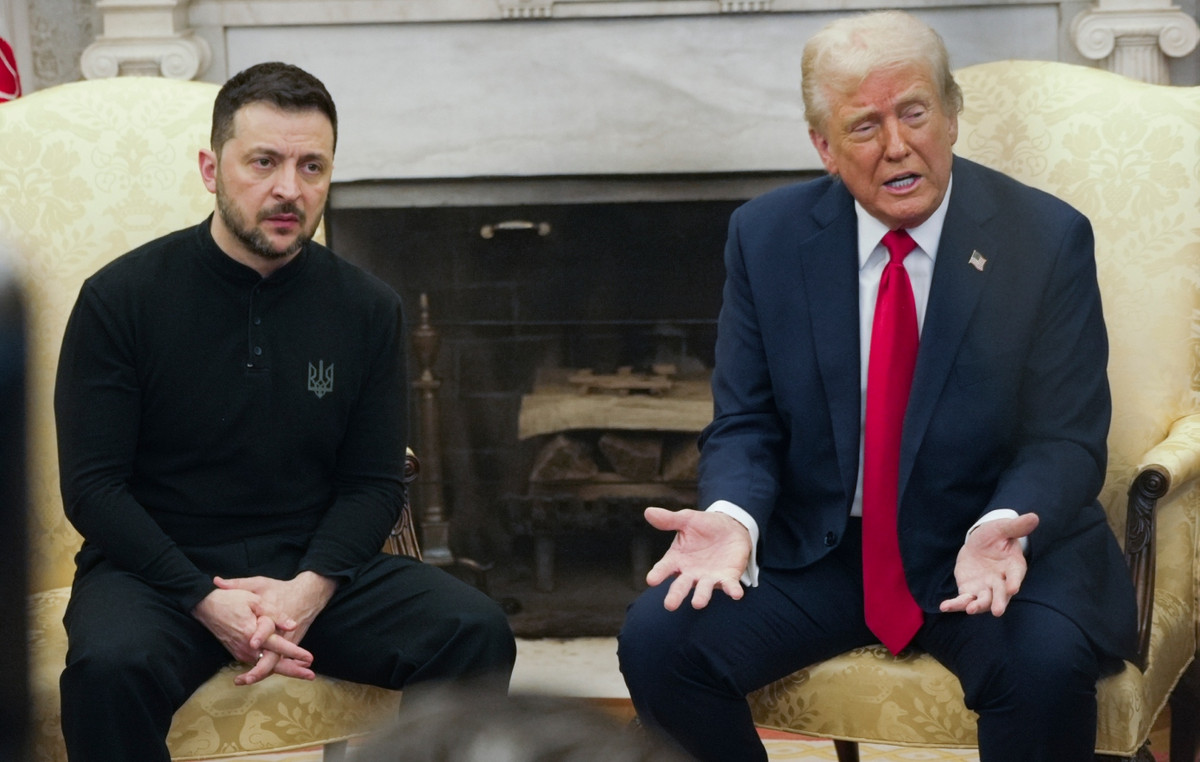The fall of the Bashar al-Assad regime in Syria could significantly reduce Russia’s capacity for action in the Middle East, according to an analysis by ESPM International Relations professor, Denilde Holzhacker, in an interview with CNN Brasil.
The expert highlights that the current scenario is quite turbulent, with the rise of a group that has a history of links with Islamic fundamentalism. “The first concern is how this government will react towards minorities, and how it will also establish the issue of religious logic itself”, ponders Holzhacker.
She warns of the risk of a situation similar to that which occurred in Afghanistan, where the Taliban, despite initial indications of pragmatism, began to implement sharia strictly. “You have a lot of questions being asked”, highlights the teacher.
Geopolitical impacts
From a geopolitical point of view, Holzhacker points to several uncertainties. Syria, an important country for regional stability, was already coming from a crisis and a civil war. “If we have a new crisis of power disputes, depending on what these disputes mean, there could also be more turbulence and affect the regional strategic game”, he explains.
The professor observes that Russia and Iran emerge weakened from this scenario, while Turkey gains strength. “Everyone is looking to Turkey to find out how it will influence this new phase and what we will expect from Turkey’s regional role too”, he states.
Putin’s weakening
The expert also highlights the weakening of Russian President Vladimir Putin in this context. Syria is home to Russian naval and air bases, making the country strategically important for Moscow.
“It reduces Russia’s capacity for action within the regional context of the Middle East”, assesses Holzhacker. However, she warns: “Putin understands to take actions in these phases in which he perceives weakening, he makes offensive moves”.
The professor concludes by highlighting the importance of following Putin’s next moves, since “in general he tends to make more offensive moves in these moments of weakening”, both to guarantee his logic of power internally and to demonstrate that he is still relevant in the geopolitical scenario. global.
Check out the full interview
This content was originally published in Professor: Fall of the Assad regime diminishes Russia’s capacity for action in the Middle East on the CNN Brasil website.
Source: CNN Brasil
Bruce Belcher is a seasoned author with over 5 years of experience in world news. He writes for online news websites and provides in-depth analysis on the world stock market. Bruce is known for his insightful perspectives and commitment to keeping the public informed.







